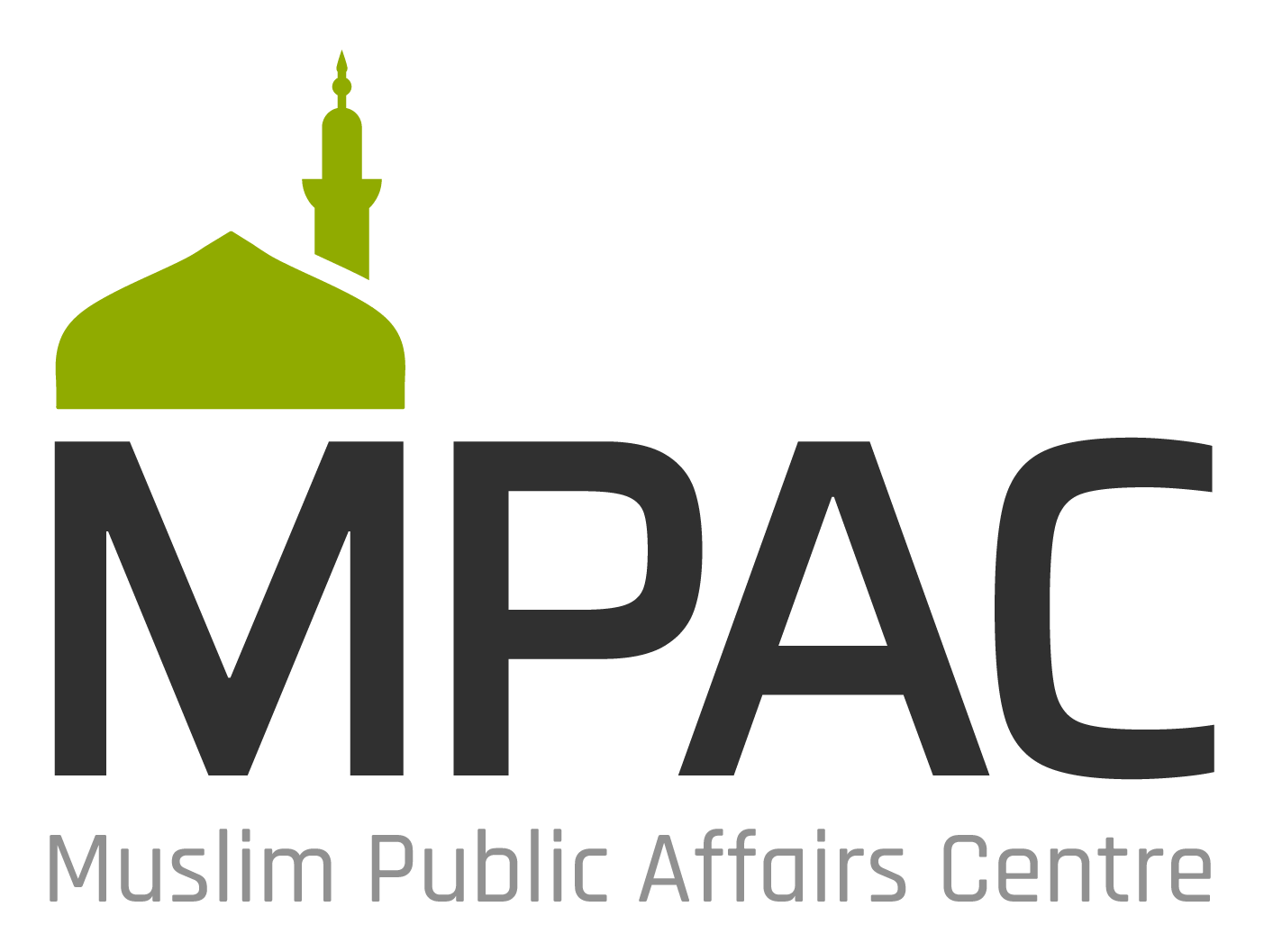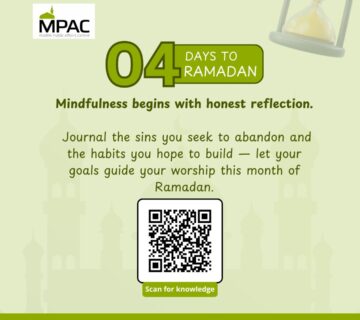Press Release: FOR IMMEDIATE RELEASE
MPAC Expresses Concern Over The Afghani Convert’s Capital Punishment
Muslim Public Affairs Centre, MPAC, expresses concern over the on-going prosecution of the 41 year old Afghani man, Abdul Rahman. Mr Abdul Rahman is being tried for converting to Christianity 16 years ago while working in Pakistan for a Christian refugee aid agency. He was arrested in February after reportedly being denounced by relatives during a custody battle for his children. Afghanistan is about 99% Muslims and it is important that a sound Islamic principle be applied to resolve this case which prosecution already seems to be riddled with overt political undertone and personal vendetta. These elements are alien to the true Islamic spirit of fairness and justice. There is therefore urgent need for Islamic scholars to clearly explain the principles contained in the Qur’an and the Sunnah on apostasy and set aside the confusion that has been cast over the issue by the prosecution of the case as well as the controversy it has generated. It is unacceptable that a man will be executed for a non-criminal, non-blasphemous act.
The state, especially Afghanistan in the condition it has found itself; with judicial and social underdevelopment, cannot act as a coercive moral authority or an adjudicator, in effect representing God’s Will on earth, in a matter that individuals are guaranteed personal choice, and personal responsibility. Indeed, any state does not have the right to do so as long as the moral content of such a choice does not damage the communities and the society at large. In the context of freedom of religion, the state’s responsibility is to uphold and protect it as the right of all its citizens, as granted by God, who gave us freewill and Who will ultimately, hold us accountable for the way such freewill has been exercised. The redundancy and ineffectual nature of punitive measures that have been threatened in the prosecution of this particular case does not serve the cause of Islam or Muslims. Historically Islam has thrived well in an environment that allows freedom of worship so people could see for themselves the truth, essence and beauty of the religion as practiced. These have been the cornerstone of the great success of the growth of Islam which has seen it spread all over the world. Apostasy from Islam, called ridda, was never by itself a criminal offense in Islam, either at the time of the Prophet (PBUH) or during the reigns of the rightly guided leaders that ruled the Muslims after him. As long as such acts were not in any way linked to treason, sedition or any act of political betrayal of the community, as was the case in the Law of Moses (AS), all people were simply free to choose or change their religion. One therefore wonders if the case of the Afghani convert, as Abdul Rahman has come to be known, is as simple as it has been widely reported.
While the Qur’an is completely silent over the earthly punishment of apostasy, it unequivocally requires that the mind and sense be left free of coercion or intimidation in order for the practice of Islam to be genuine. And so that true Eeman, or faith, could be nurtured in a healthy environment. The Qur’an makes it clear that the one that leaves Islam, hinders people from the path of Allah and then dies as such will be a loser on the Day of Judgment. The Qur’an mandates freedom of religion and states in Surah Yunus 10, ayah 99: ‘If it had been the Will of your Lord that all the people of the world should be believers, all the people of the earth would have believed! Would you then compel mankind against their will to believe?’; in Surah Al-Kahf 17, ayah 29: ‘(O Prophet) proclaim: ‘This is the Truth from your Lord. Now let him who will, believe in it, and him who will, deny it.” Surah Ash-Shura 42, ayah 48; ‘If they turn away from thee (O Muhammad) they should know that We have not sent you to be their keeper. Your only duty is to convey My message.’; and Surah Al-Baqrah 2, ayah 256: ‘There is no compulsion in religion: true guidance has become distinct from error, so whoever rejects false gods and believes in Allah has grasped the firmest hand-hold, one that will never break. Allah is all hearing and all knowing’.
Going by the aforementioned, it would be recognized that the Qur’an requires a type of Eeman that is impossible to be achieved in a climate that prescribes death penalty for apostasy. Also, it would be seen that such punitive measure is counterproductive and not consistent with the actual actions of Muhammad (PBUH) when many individuals at his time embraced Islam, then renounced it, and then embraced it again. Conversions and reversions were not rare at the time of Muhammad (PBUH) or his rightly guided successors and not for once did he or they hunt down people and execute them for merely changing their religions. It is with these core teachings of Islam in mind that the Afghani Islamic authority must not turn blind eyes to this injustice. It is unjust that a person could be hunted down and locked up for being a Christian, just as it is wrong and unjust that thousands of Muslims, have been hunted down, locked up and killed for being Muslims in the world we live today. Also, MPAC hopes that the so-called aid agencies which hide under the guise of engaging in humanitarian causes to capitalize on the vulnerability of Afghani or Iraqi people and continue to harass and coerce some of them into conversion, both at home and in refugee settlements will become sensitive to the problems they cause as a result of their desperate bid to proselytize.
The occupation forces, which exert influence on the Afghani government and continue to put the people of Afghanistan through the same trauma and brutality reminiscent of past brutal Afghani regimes stand condemned as they watch idly and actively contribute towards the attempt to turn this issue into another anti-Islamic spin.
-END-
Contact:
Disu Kamor
Director of Media & Communications
Muslim Public Affairs Centre, MPAC
e-mail: kamor.disu@mpac-ng.org
website: www.mpac-ng.org







No comment